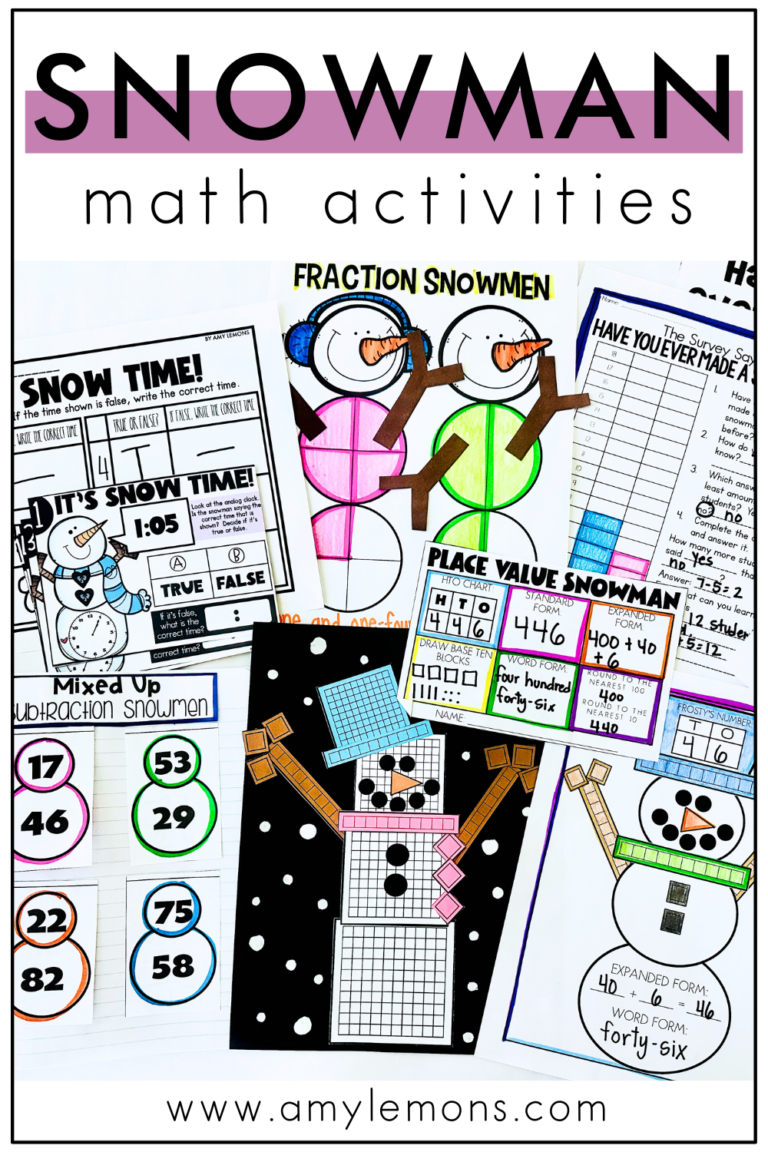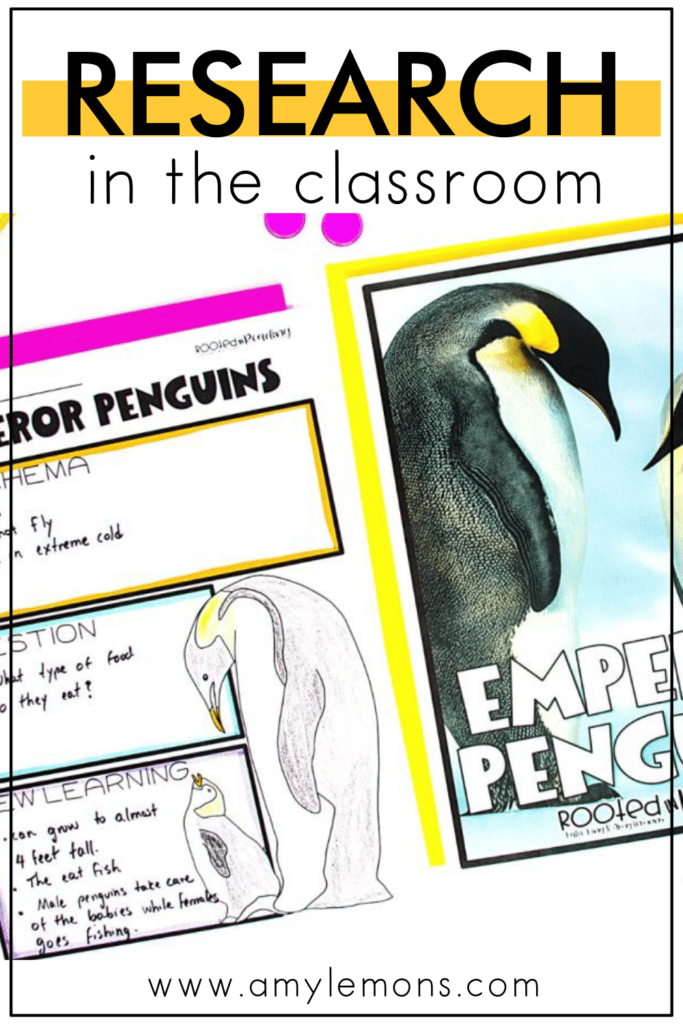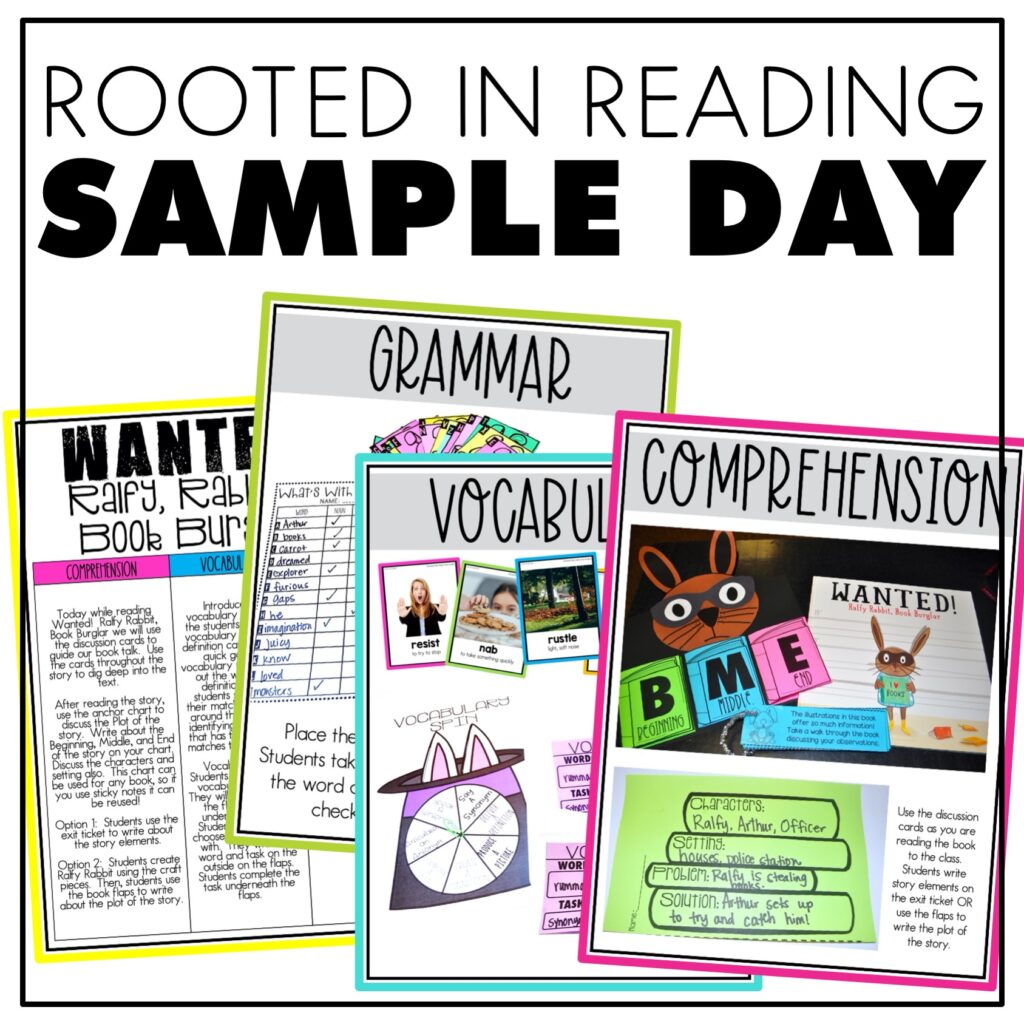

Happy New Year, friends! You’ve officially made it halfway through the school year, hooray! But with a new year comes new skills to teach, are you ready? If teaching research skills to elementary students is on your list this year, then I have a few things we should discuss.
When it comes to reading comprehension, research becomes an important component in how students understand the text. Scholars have noted that early exposure and increased focus on gathering background knowledge are essential to improving reading comprehension for little learners.
The importance of incorporating research into your reading lesson plans is dire and a necessity to achieving a well-rounded reading block. I know time can be limited throughout the class day, so mixing in research with your normal reading activities can be a great way to ensure you’re hitting those targets!
Today, I am going to share how research can be used throughout your reading lesson plans. I’ll be using our Rooted in Reading: Penguins special edition unit as an example of what a research-based reading unit may look like.
I’m not going to lie, research is the not-so-fancy part of reading and writing. It requires a great deal of patience and attention to detail, something our little learners may struggle with! But because teaching research skills to elementary students is so important to fostering reading comprehension, we have to find ways to engage them in the process.
{Disclaimer: Affiliate links have been used in this post but I only share items I actually use and enjoy!}
One way to teach research skills to your students is with the use of compare and contrast. Of course, early learners won’t be analyzing scholarly text, but you can achieve this with two fictional or nonfiction stories about your main subject.
We achieve this in our Penguin reading unit by having two penguin-related stories read aloud, Flight School and Penguin Problems to the class. Your students will have to use what they’ve learned from the text to identify similarities and differences between the characters which fosters an essential research skill: attention to detail.
Did you know that readers with more background knowledge on a subject are better able to comprehend text even if they aren’t the best readers?
That’s right, according to this research article for Sage Publication. By allowing students an opportunity to gather research on a particular topic, they have a better chance of understanding texts about that subject.
For instance, in our unit, we created nonfiction readers to accompany the read-aloud and we included research links. Students can gather information about penguins and use that knowledge when working with the weekly read-aloud. It’s another way to separate fact from fiction.
Readers’ ability to identify facts within a given text is an essential component of comprehension. But identifying facts isn’t necessarily fun, so we like to introduce other elements for little learners to make this skill more exciting.
We achieve this by adding crafts and interactive activities… like our crafty fact-checker penguin masks! Students use them to help zoom in on the facts and they use the flap books to help sort true or false statements (on those penguin facts).
Students can highlight the evidence in the text and then reinforce what they’ve learned. This provides another essential research skill: students’ ability to look at things objectively.
We have to teach students that we don’t just research and take it for what it is. We analyze and question what we’ve learned, too. For students, this can begin with a look at what they know about subjects before they even begin the research and then a look back at what they learned after.
For this portion of the research, having students think about what they want to learn piques their curiosity and creates a drive to learn more! You would be surprised at how excited they get when they are right.
For instance, using an anchor chart or flap-ups — as a class or individually, students can jot down their ideas for each of these categories before and after going through the nonfiction readers and/or research links.
One of the main reasons for teaching research skills in the first place? Students’ ability to take what they’ve read and explain it in detail in writing. I love to see the main takeaways students gather from text because it often varies on what stood out to them the most!
This is where we incorporate reading response sheets. Having students write about what they’ve learned helps with identifying their comprehension of the text, but also how their research has influenced their thoughts and helped them to expand their responses. This will later translate to essays, a thesis, and more!
These 5 essential skills for applying research in reading comprehension are the building blocks to lifelong learning and success as they venture into other grade levels. By incorporating fun components when teaching research skills to elementary students, they are better able to retain the information and apply research strategies.
If you’re considering a unit that can apply all of these ideas, check out our Rooted in Reading: Penguins unit! This is a week-long unit of reading curriculum paired with research. Plus, the penguin theme is perfect for winter. You can check out all of the details for this resource HERE.
Here’s a sneak peek at one of the activities
Craving even more penguin activities? Check out THIS round-up of my top five, plus a list of my favorite penguin books!


Hey, y’all! My name is Amy Lemons and I am passionate about providing students with both engaging and effective standards-based Math and ELA lessons.

Sample a day of Rooted in Reading with these lesson plans and activities for Reading Comprehension, Vocabulary, and Grammar!